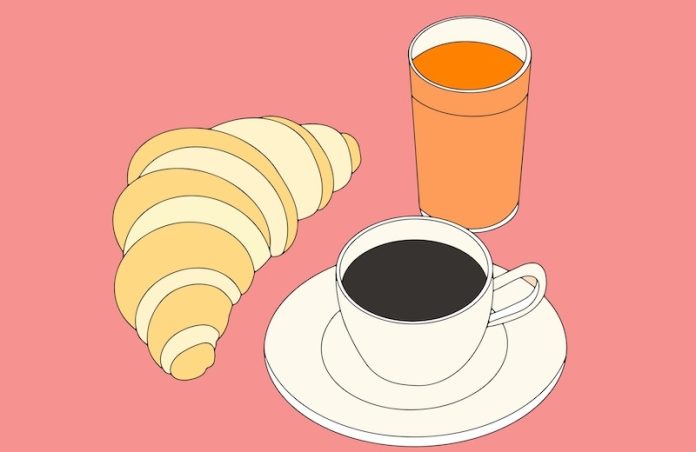
High blood pressure, also known as hypertension, is a widespread health concern that can escalate to serious conditions such as heart disease and stroke if not adequately managed.
One effective way to help control blood pressure is through careful selection of our dietary intake, including our choice of beverages.
Beetroot juice emerges as an excellent option for quickly lowering blood pressure. Beetroots are naturally rich in nitrates, which our bodies convert into nitric oxide.
This compound is crucial for relaxing and dilating blood vessels, thereby enhancing blood flow and reducing blood pressure. Research indicates that consuming beetroot juice can lead to notable reductions in blood pressure within just a few hours.
Another beneficial drink is hibiscus tea, which is made from the dried parts of the hibiscus plant. Studies have demonstrated that hibiscus tea can significantly lower systolic blood pressure, the top number in a blood pressure reading.
This effect is likely due to its high concentration of antioxidants and natural compounds that function similarly to ACE inhibitors, a common group of blood pressure-lowering medications.
Pomegranate juice also makes the list of helpful beverages. It’s loaded with antioxidants and other compounds that support improved blood flow and reduced blood pressure.
Some studies suggest that drinking a cup of pomegranate juice daily can positively affect both systolic and diastolic blood pressure levels.
Water, indispensable for overall health, plays a pivotal role in maintaining healthy blood pressure. Adequate hydration aids the heart in pumping blood more efficiently, which supports stable blood pressure levels.
Conversely, there are certain beverages that can negatively impact blood pressure and should be consumed with caution or avoided altogether. Alcohol, for instance, has a complex relationship with blood pressure.
While moderate consumption, particularly of red wine, may offer heart benefits, excessive drinking is a well-established risk factor for hypertension. It’s advisable to adhere to recommended limits or completely avoid alcohol when managing high blood pressure.
Caffeinated drinks such as coffee, tea, and some sodas can cause temporary increases in blood pressure. The impact varies among individuals, with some being more sensitive to caffeine than others.
Those with hypertension should consider monitoring their response to caffeine and possibly reducing their intake if necessary.
Sugary beverages, including sodas, fruit punches, and sweetened teas, are another group to steer clear of. High sugar intake is associated with obesity, which increases the risk of developing hypertension. These drinks can also cause spikes in blood sugar and insulin levels, affecting blood pressure.
In managing blood pressure, choosing the right beverages can play a crucial role. Drinks like beetroot juice, hibiscus tea, pomegranate juice, and plain water can promote heart health and aid in lowering blood pressure.
Meanwhile, limiting or avoiding alcohol, caffeine, and sugary drinks can help keep blood pressure levels in check.
These dietary recommendations should be seen as part of a broader lifestyle adjustment and medical treatment plan for hypertension.
Always consult a healthcare professional before making significant dietary changes, particularly if you have existing health conditions or are on medication.
If you care about blood pressure, please read studies about blood pressure drug that may increase risk of sudden cardiac arrest, and these teas could help reduce high blood pressure.
For more information about health, please see recent studies about nutrient that could strongly lower high blood pressure, and results showing this novel antioxidant may help reverse blood vessels aging by 20 years.
Copyright © 2024 Knowridge Science Report. All rights reserved.



